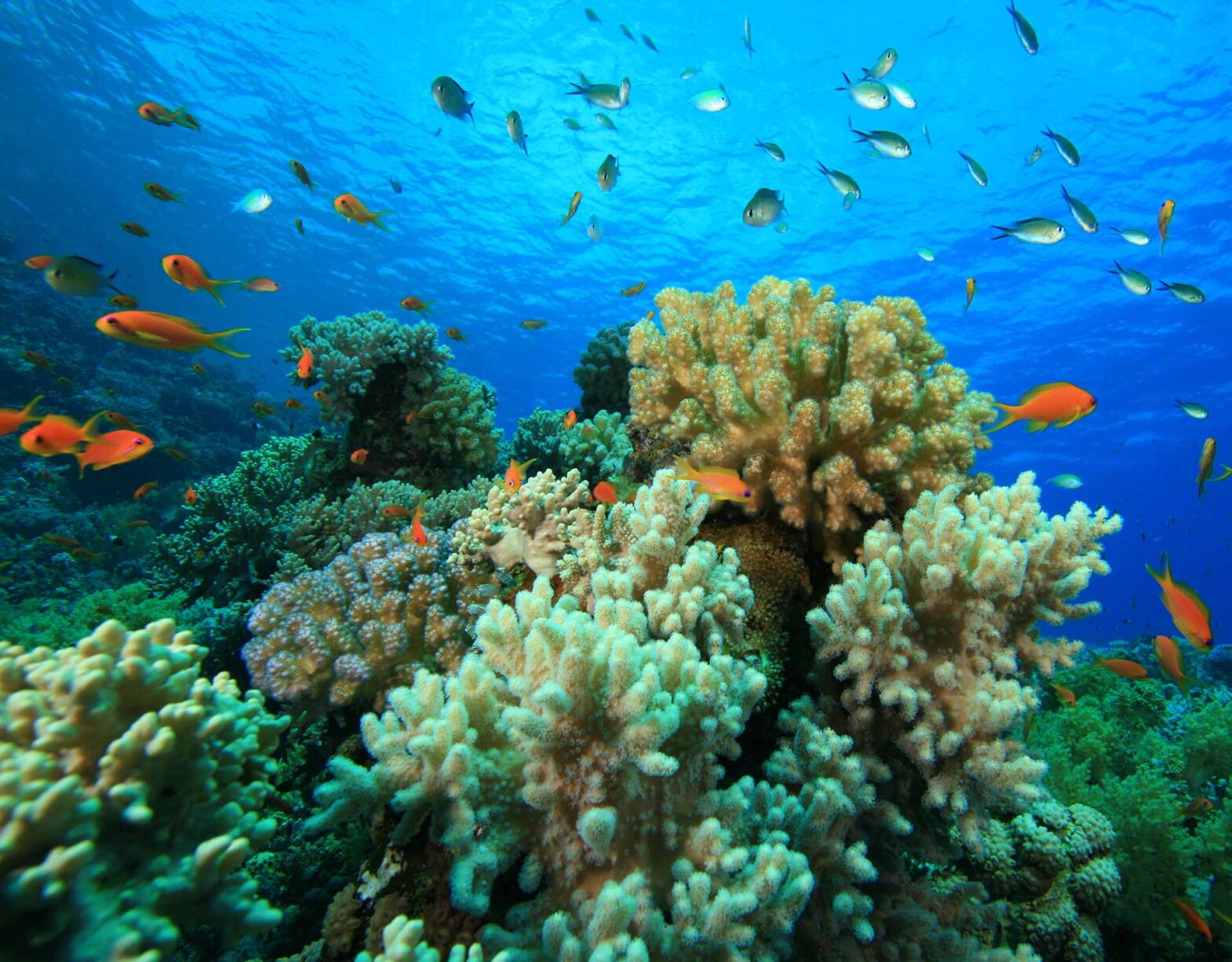UN body issues warning on ecological risks of deep-sea mining
- Member States of the United Nations Convention on the Conservation of Migratory Species of Wild Animals (CMS) met in Samarkand, Uzbekistan, from 12 to 17 February 2024 to address issues of critical importance in response to the global biodiversity crisis to safeguard the future of migratory species.
- Following very intense and controversial discussions throughout the whole week, the Convention parties agreed not to engage in deep-sea mining activities until sufficient and robust scientific information has been obtained to ensure that no harmful effects to migratory species, their prey and their ecosystems are caused.
- OceanCare, an officially recognised partner organisation of the CMS and member of the Deep Sea Conservation Coalition, welcomes the clear message from the Convention urging for caution and that deep-sea mining, were it allowed, could have severe impacts on species and marine ecosystems.
The 133 member states of the Convention on the Conservation of Migratory Species of Wild Animals (CMS) gathered in Samarkand, Uzbekistan, from 12 February to address issues of critical importance to the global biodiversity crisis. The most intense and controversially discussed topic has been a proposed resolution raising concerns over the potential impacts of deep-sea mining on migratory species. Intense negotiations about this sole topic have been taking place almost the whole week, resulting in a resolution text that is bound to be adopted by the Convention parties on the last conference day.
The resolution calls on governments “not to engage in or support deep-seabed mineral exploitation activities until sufficient and robust scientific information has been obtained to ensure that deep-seabed mineral exploitation activities do not cause harmful effects to migratory species, their prey and their ecosystems”.
Nicolas Entrup, OceanCare’s Director of International Relations, commented:
“This agreement is a strong call from Member States of the UN Convention on Migratory Species (CMS) from around the world not to open the Pandora’s box of deep-sea mining activities until there is sufficient scientific evidence to prevent negative impacts on marine species and their habitats. This decision lives up to the mandate of the CMS to engage in the critical debate on one of the largest extractive operations in ocean history, should it be ever launched.
“Given the devastating status of many marine species, to just allow destructive industrial activities in one of the most fragile and least understood ecosystems on the planet wouldn’t be a wise thing to do.
“Beyond the important conservation efforts of the CMS addressing the situation of endangered species, a systematic focus on human-induced risks to natural habitats to prevent the acceleration of biodiversity loss is clearly needed. We are especially grateful to the governments of the Convention member states that have pushed for a strong message on the risks of deep-sea mining, including Belgium, Brazil, Costa Rica, France, Germany, Ireland, The Netherlands, and the Seychelles.”
The ‘State of the World’s Migratory Species’ report released by the CMS this Monday includes abundant evidence that the conservation status of many species listed by the Convention as threatened or in need of international conservation efforts continues to deteriorate. Deep seabed mining operations are among these risks, with scientists warning that their impacts on the ocean would act cumulatively to existing stressors such as climate change, pollution, and overexploitation, likely causing direct and irreversible environmental and ecological effects, risking damage and loss of habitats and species.
Deep sea mining is the process of extracting mineral deposits from the deep seabed. Deep-sea mining is a relatively new activity and emerging threat. While its impacts are still quite poorly understood, what we do know is cause for concern.
Exploration of deep-sea habitats is challenging, and scientific research on deep-sea species and ecosystems is just beginning to reveal what the planet would stand to lose if this destructive activity is allowed to proceed. Fragile deep-sea ecosystems already face multiple threats, including climate change and pollution, including underwater noise. Deep-sea mining could destroy habitats, wipe out species and cause potentially unavoidable widespread and permanent damage to ecosystems and biodiversity. It may potentially adversely affect migratory species, including whales, as well as their habitats and prey.
OceanCare is an officially recognised partner organisation of the CMS and a member of the Deep Sea Conservation Coalition, a Coalition of more than one hundred civil society organisations. It has been participating in the negotiations of the Aquatic Working Group at the CMS Conference on the deep-sea mining resolution.
Further information
- Website of CMS/Bonn Convention
- OceanCare press release (12/02/2024): A wake-up call from the UN: Conservation status of many migratory species is deteriorating, says major report released today
- OceanCare press release (07/02/2024): High-level UN meeting in Uzbekistan to find solutions for endangered migratory species and protect global biodiversity
Media contact
- Dániel Fehér, Strategic Communications Lead OceanCare: +49 176 81434026; dfeher@oceancare.org
